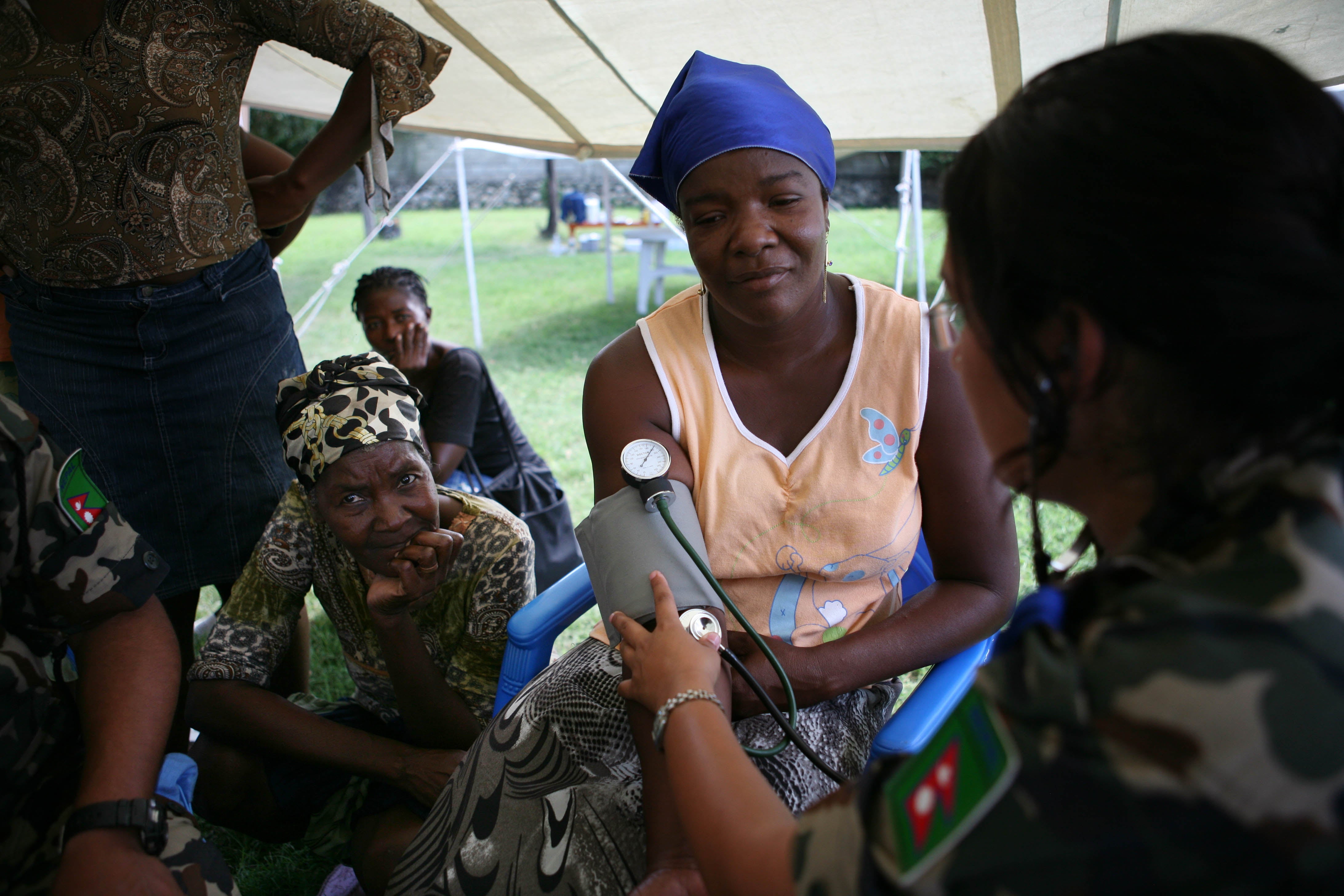
For the first time since a cholera outbreak was reported in Haiti mid-October 2010, the United Nations is acknowledging their role in spreading the disease that has claimed the lives of more than 10,000 people, the New York Times reports.
The U. N. has come under scathing attacks from social activists and reporters who discovered Nepalese peacekeepers were discarding their waste in the same water supply Haitian residents used to drink– ultimately importing the deadly disease to Haiti.
10 Things You Didn’t Know About Haiti
Since these initial reports, the U.N. has consistently denied this infraction, obscuring blame for the outbreak and insisting the origins remained up for debate.
This recent shift from the U.N. comes after the release of a highly critical report from New York University law professor Philip Alston who took issue with the organization’s lack of responsibility and inhumane handling of the crisis that he says undermines the U.N.’s integrity and creditability on a global stage.
Five Years Later: Haiti’s Ongoing Recovery from the 2010 Earthquake
In the report that was exclusively shared with NY Times reporters, Mr. Alston called the United Nations’ Haiti cholera policy “morally unconscionable, legally indefensible and politically self-defeating.”
He added that the organization’s continuing denial and refusal to make reparations to the victims, “upholds a double standard according to which the U.N. insists that member states respect human rights, while rejecting any such responsibility for itself.”
Cholera victims suffer from dehydration caused by severe diarrhea or vomiting. Scientists have shown the disease travels through contaminated water.
The NY Times reports claims, since the outbreak, no major water or sanitation projects have been completed in Haiti.
The U.N. attempted to respond to the epidemic by creating an eradication program, but it failed to raise the $2.27 billion it says is needed.
A deputy spokesperson for the Secretary General Ban Ki-moon, says the office “presented publicly within the next two months, once it has been fully elaborated, agreed with the Haitian authorities and discussed with member states.”
WANT MORE FROM ESSENCE? Subscribe to our daily newsletter for the latest in hair, beauty, style and celebrity news.